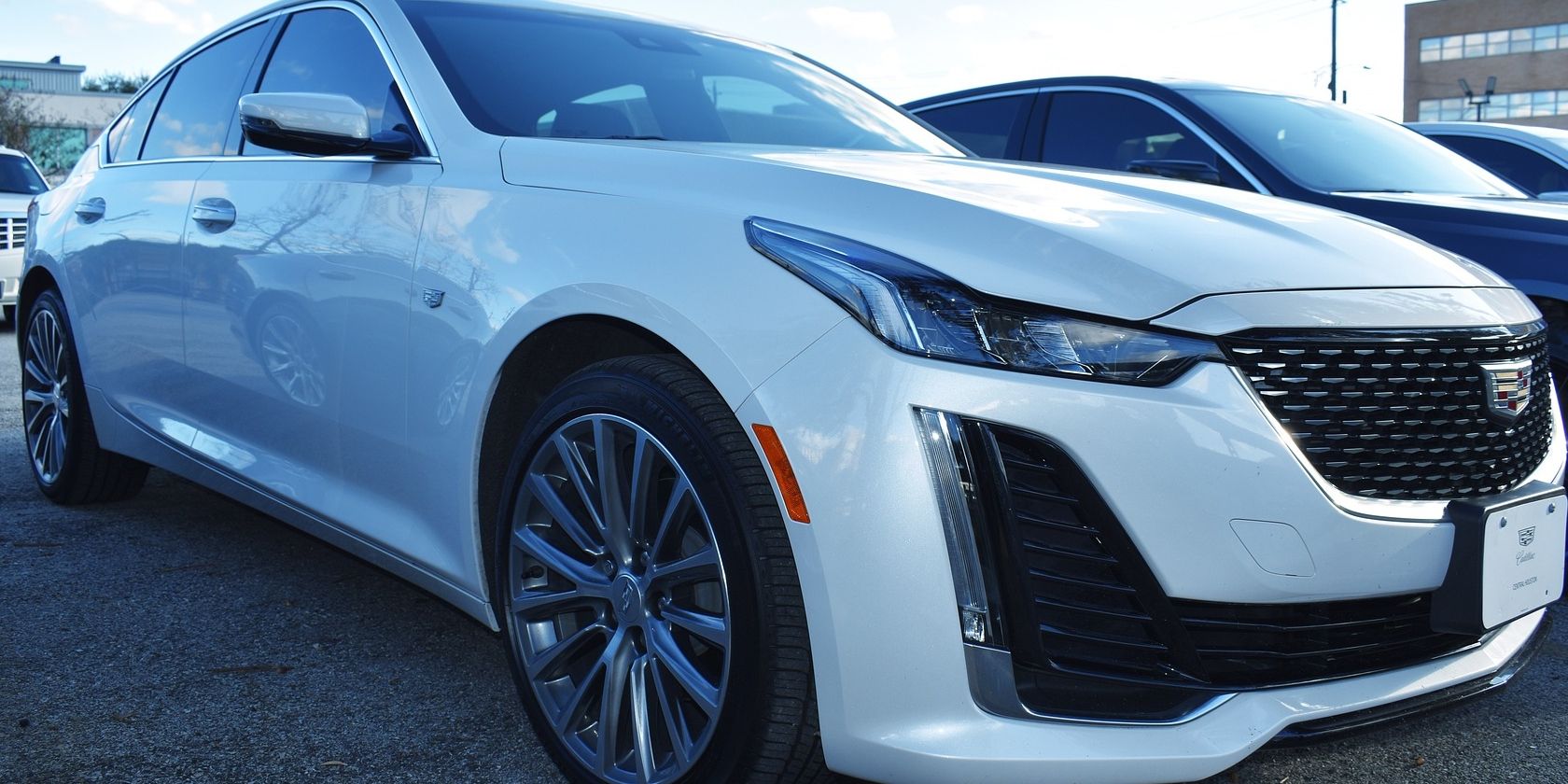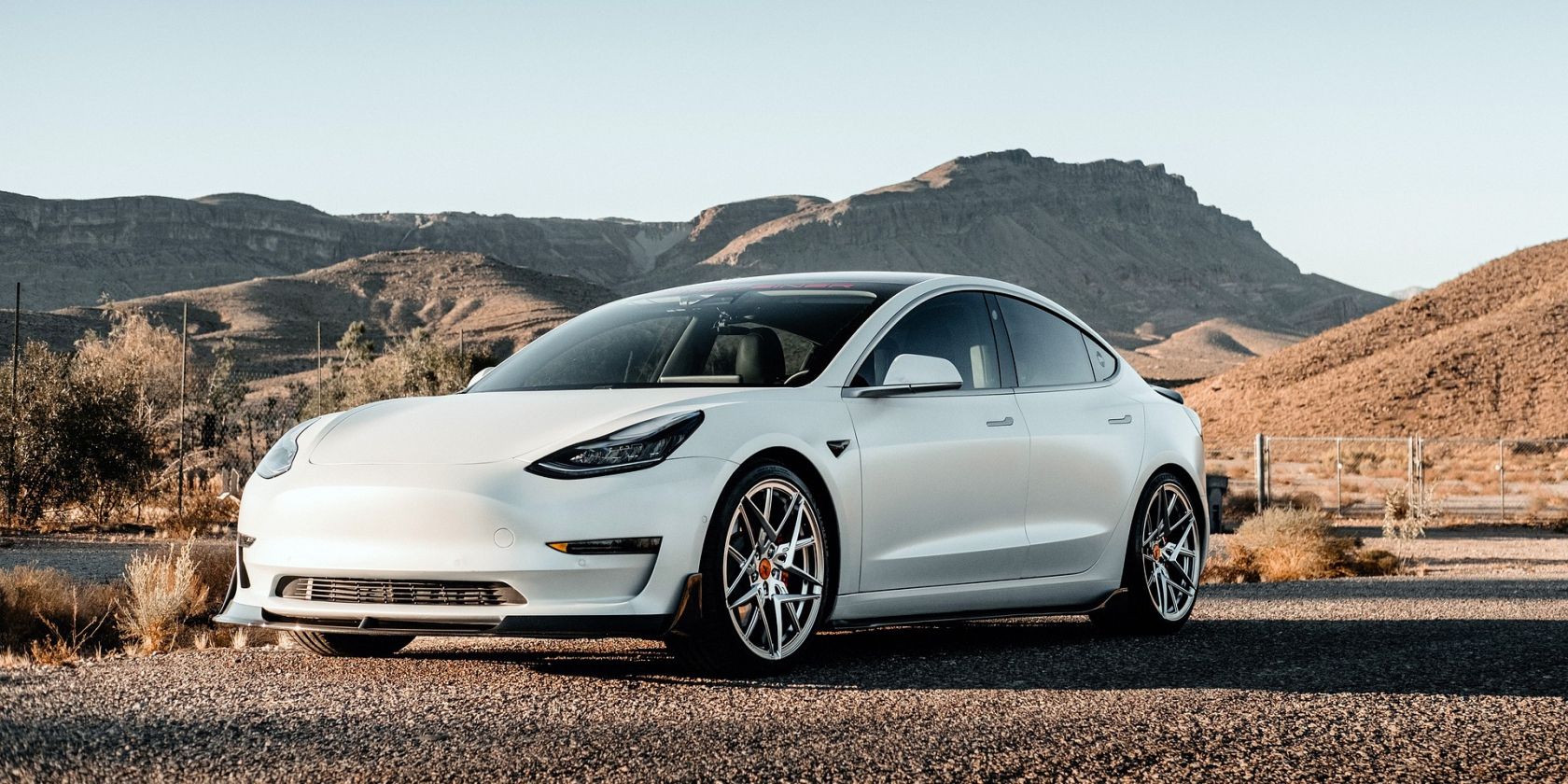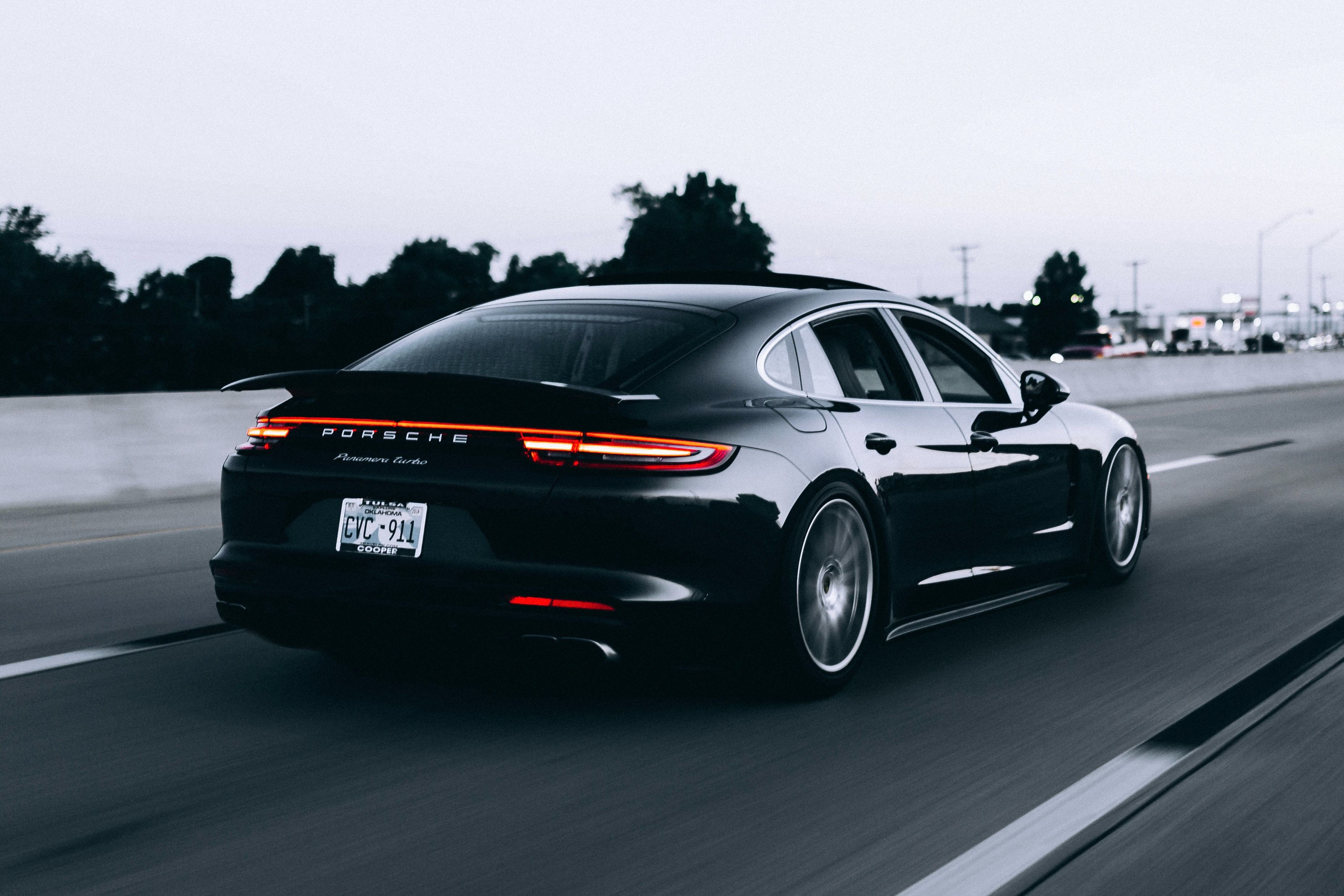When buying a new car, you can typically expect to pay a host of fees to the dealership. Some of these fees are reasonable while others appear to be somewhat questionable.
One fee that's starting to receive a lot of attention is the car destination fee. The car destination fee isn't included in a cars sticker price and many first time buyers are surprised by both the amount and the fact that they are obligated to pay it.
So what is the car destination fee and can it be negotiated?
What Is a Car Destination Fee?
The car destination fee is a surcharge that's supposed to cover the cost of shipping a car from the factory to the dealership. In order to ensure that all buyers pay the same amount, the cost of the fee is the same regardless of where the dealership is located.
The name of the fee varies, and it is often referred to as a delivery or freight fee.
How Much Is a Car Destination Fee?
The destination fee on a new car currently ranges from $1,000 to $1,700. The price depends on the type of car you buy rather than the location of the dealership.
To determine the destination fee of a vehicle that you are interested in, you can visit a dealership and check the window stickers. Dealerships are legally required to include the destination fee as a new line item on all new car windows. Destination fees are also listed on the websites of car manufacturers.
It's worth noting that while dealerships are required to list the fee on window stickers, it is not included in the Manufacturer Recommended Retail Price. It is also not always clearly listed when a car is advertised.
Consumers are strongly recommended to add the fee themselves when comparing car prices.
Does the Car Destination Fee Apply to Used Cars?
The car destination fee is not applicable to used cars. The fee is specifically based on the cost of getting a car from the manufacturer to the dealership.
When a dealership buys a used car, it is typically dropped off by the previous owner. While there are additional costs associated with selling a used car, these costs are included in the retail price rather than as a specific fee.
Is the Car Destination Fee Negotiable?
The car destination fee is not negotiable. It is a fixed fee depending on the type of car you buy, and all dealerships charge the same amount. While many dealership fees can be negotiated, the destination fee is something that all consumers are forced to pay in full.
What About Additional Destination Fees?
Car destination fees are not negotiable, but some dealerships attempt to charge consumers for the same thing twice. Many people are unaware that the destination fee is the same regardless of dealership location.
A dishonest dealer may claim that there's a second additional fee to get the vehicle to their specific lot. This is not a fixed fee; it should not be paid and is actually a good reason to buy your car elsewhere.
What Fees Should You Negotiate Instead?
While the car destination fee is not negotiable, many of the other fees charged by car dealerships are. Here are a few alternative ways to save money when buying a new car.
Vehicle Preparation Fees
Many dealers charge an additional fee which is meant to cover the cost of getting the vehicle ready for sale. It may include washing the car or removing protective coverings. This fee is not charged by all dealerships and should be refused if requested.
VIN Etching
VIN etching is the process of etching a car's Vehicle Identification Number onto its windows and is primarily done for security purposes. While VIN etching is worth doing, many dealerships charge up to $300 for the service. You can get it done significantly cheaper by taking the vehicle to a body shop or by purchasing a DIY VIN etching kit online.
Dealer Installed Accessories
Dealers often offer a wide selection of upgrades and installed accessories. When looking at the final price for your car, it's important to go through each upgrade and make sure that you actually requested it. It's not uncommon for dealerships to add upgrades without discussing them. When deciding what upgrades to purchase, it's also important to shop around. Many accessories can be found for cheaper if bought direct.
Extended Warranties
An extended warranty is a warranty that kicks in when the manufacturer's warranty expires. Whether or not you need an extended warranty is debatable and depends on how often you expect the car to require repairs. Refusing an extended warranty, however, is an easy way to reduce a car's price.
Market Adjustment
If a dealership says that a particular model of car is in high demand, they might request a market adjustment fee. This is an additional fee that allows them to charge more than the recommended retail price for a vehicle. This fee is not a fixed amount and is often negotiable.
GAP Insurance
Guaranteed Asset Protection (GAP) is a type of insurance that's meant to cover the difference between how much your car is worth and how much you will owe if the car is totaled. While GAP insurance is often a worthwhile purchase, it may be available at a lower rate if you buy from your insurance company instead.
Tire and Wheel Protection
Dealerships often offer tire and wheel protection. This is supposed to cover the cost of any punctures or tire replacements. While damage to the wheels on a vehicle is common, it's also not an expensive problem to fix. You can therefore save money by refusing this add-on and paying for any wheel damage yourself.
The Car Destination Fee is Not Negotiable, But Other Fees Are
The car destination fee is not included in a car's advertised price, and consumers are often unhappy to discover that it is not negotiable. The good news is that while you cannot get around paying a destination fee, many other dealership fees can be reduced.
If you'd like to save money on a new car, you should instead look at the optional extras such as VIN etching and extended warranties. You should also be prepared to shop around if you are not given a good deal.




